The company also has its sights set on the Baltics, bringing its plug-and-play investment solution to help firms fulfil growing retail investor demand.
Appealing to retail investors comes with unique challenges. The cohort wants diverse offerings, digital solutions, AI-powered advisory services, and a smooth user experience. Such solutions take time and resources to develop.
Investment-as-a-Service (IaaS)—providing investment functionality through APIs and modules that companies can easily integrate into their offerings—opens the door to faster times to market.
“Financial institutions have found it challenging to digitise rapidly enough to meet market needs,” says Lars Thomsen, Huddlestock’s newly appointed Managing Director for Denmark and the Baltics. “An IaaS solution would help these institutions quickly tap into the rapidly evolving retail investment market without suffering a protracted time to market.”
“Interest in retail investment is growing massively,” says Thomsen. “But technology has lagged behind the demand. Investment-as-a-Service lets companies chop down the time-to-market, allowing them to innovate rapidly enough to meet this growing consumer need.”
Lars Thomsen, Managing Director for Denmark and the Baltics at Huddlestock

Huddlestock began as a personal banking app in 2014 but, recognizing a gap in the market, it later pivoted to IaaS and other digital investment solutions. Their platform allows companies to embed fully white-labelled investment products into their own offerings.
In late 2020, the company was the first fintech to go public in Norway. The IPO resulted in a massive surge in stock price, prompting Huddlestock to pursue and close mergers and acquisition (M&A) deals in Sweden, Germany, and now Denmark. It also has offices in the UK.
Market entry into Denmark and the Baltics
In 2021, Huddlestock acquired Danish Wealth Consulting firm Visigon, which has over 10 years of experience in the Danish wealth sector, and is now opening a dedicated Huddlestock office in Denmark.
The company intends to bring the entire Huddlestock platform to Denmark and the Baltics
“There’s a large merger wave happening between Danish banks right now,” Thomsen tells NFM. “Medium-sized banks are acquiring smaller banks, and there is also a strong movement to consolidate IT solutions in the investment banking sector. But banks are starting to recognize that this task is larger than expected.”
Recommended: Explore the Future of Finance at Nordic Fintech Week
The sheer quantity of resources needed to consolidate these IT systems makes it infeasible to do it rapidly enough to compete in such a dynamic sector as retail investment, saysThomsen.
Huddlestock’s IaaS solution addresses this problem directly, allowing any player—from small fintechs to large incumbents—to integrate investment functionality either completely or modularly. Those modules allow everything from trading in global markets and funds, customer onboarding, reporting, settlement and reconciliation, custody, back office, and wealth management.
“We provide everything out of the box that relates to the investment value chain,” says Thomsen. “Those companies that only want parts of the solution can select specific modules they want to implement. This could be either risk management, reconciliations, accounting, fund administration, or whatever they need. Or they could implement the entire solution instead.”
Huddlestock also offers a European regulatory umbrella and licensing coverage for its clients. If those clients don’t have an investment banking licence, they can piggyback off Huddlestock’s licence, opening the European market to them.
Recommended: Explore the Future of Finance at Nordic Fintech Week
“Interest in retail investment is growing massively,” says Thomsen. “But technology has lagged behind the demand. IaaS lets companies chop down the time-to-market, allowing them to innovate rapidly enough to meet this growing consumer need.”
Huddlestock research indicates that the majority of neobanks offering investment services as part of their wealth solutions are doing it through IaaS. “Many neobanks are focusing on becoming profitable,” says Thomsen. “And an IaaS solution can introduce profitable new revenue streams while helping to reduce operational costs”



